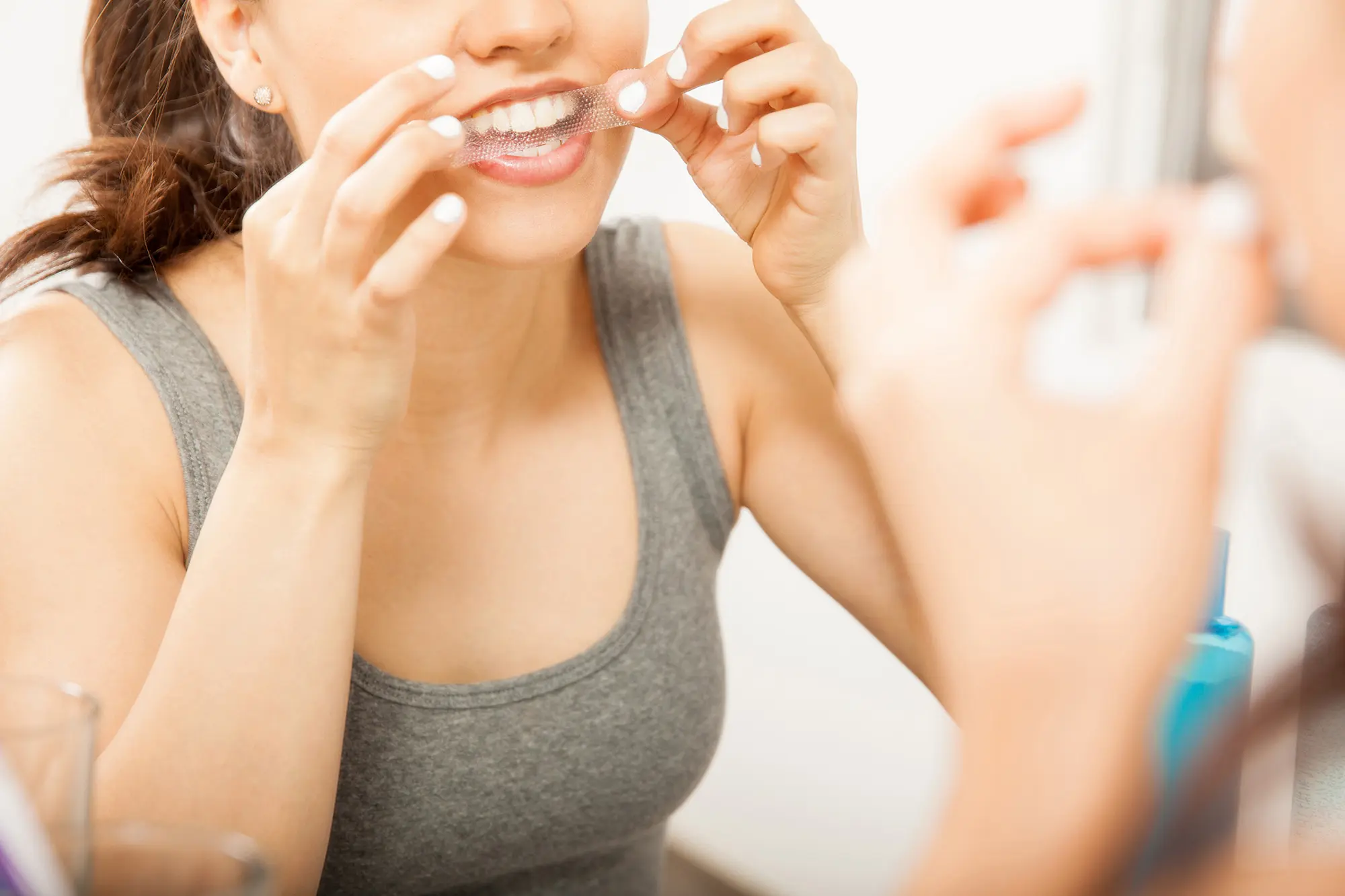
Pregnancy is a joyous period in a woman’s life, filled with anticipation and excitement. Maintaining good oral health is an essential aspect, and many individuals desire a bright, confident smile. Teeth whitening, whether through at-home solutions like whitening strips or professional dental procedures, is a common consideration. However, during pregnancy, it becomes crucial to weigh the potential risks associated with dental treatments. This blog delves into the question: “Can you use teeth whitening strips while pregnant?” while also offering guidance on maintaining oral health during this special time.
What Are Teeth Whitening Strips?
Teeth whitening strips are readily available over-the-counter products designed to enhance your smile. Composed of flexible plastic, these thin strips are coated with a gel-based peroxide bleaching agent. The purpose of the bleaching agent is to restore the natural white colour of your teeth.
Also Read: Navigating the Comfort Journey: Do Dental Implants Hurt?
Also Read: What Can I Eat After Wisdom Tooth Extraction?
Are Teeth Whitening Strips Safe During Pregnancy?
While teeth whitening strips are generally considered safe, it is advisable for pregnant women to refrain from their use. Pregnancy is a transformative period that impacts various aspects of a woman’s life, including health considerations. Whitening strips often contain hydrogen peroxide or carbamide peroxide to eliminate surface stains on teeth. The use of peroxide during pregnancy is discouraged due to potential dental complications. Therefore, it is recommended for pregnant women to postpone teeth whitening treatments to avoid any unnecessary risks to both the mother and the developing child.
Potential Risks of Teeth Whitening for Pregnant Women:
Dental concerns during pregnancy require careful consideration. Using a bleaching agent on inflamed gums, a common symptom of pregnancy gingivitis, may exacerbate inflammation and swelling. Additionally, heightened tooth sensitivity in pregnant women may lead to discomfort, making it advisable to avoid teeth whitening during this period. The impact of teeth whitening on developing babies is still unknown, making it prudent for expectant mothers to prioritise safety and refrain from potential harm.
Maintaining Oral Health While Pregnant:
Prevention remains the cornerstone of good oral health, whether pregnant or not. To ensure a bright and healthy smile during pregnancy, consider the following:
- Regularly floss and brush using a soft-bristle toothbrush twice a day.
- Avoid foods or drinks known to cause stains on teeth.
- Use dentist-approved whitening toothpaste if your teeth are not overly sensitive during pregnancy.
- Schedule regular dental checkups to address any underlying issues and receive appropriate treatment.
Also Read: Illuminating Smiles: Unveiling Brisbane’s Premier Teeth Whitening Options
Also Read: Dental Emergencies in Brisbane: Stories of Survival and Triumph
Conclusion:
Pregnant women seeking a healthy lifestyle and a radiant appearance may be tempted to use teeth whitening strips. However, experts advise against such procedures during pregnancy to avoid potential dental complications and harm to the developing baby. Delaying non-essential dental treatments ensures the well-being of both the mother and child. It is crucial for pregnant women to consult with their dentist before undergoing Teeth Whitening Brisbane. By prioritising good oral hygiene, your smile can stay bright and beautiful during this special time.
Frequently Asked Questions:
Are there any safer alternatives for teeth whitening during pregnancy?
- Consulting with your dentist is the best way to explore safe options. Home remedies or fluoride-based toothpaste used under dental supervision may be considered as safer alternatives during pregnancy.
Can I use teeth whitening strips during breastfeeding?
- Caution is advised during both pregnancy and breastfeeding. It is recommended to avoid using whitening strips to prevent any potential harm.
Can I have orthodontic treatment during pregnancy?
- Orthodontists generally recommend waiting until after your child’s birth to avoid potential complications.
Disclaimer: The information provided in this blog is for informational purposes only and is not intended as medical advice. It is essential to consult with a qualified dental professional or healthcare provider for advice tailored to your specific oral health needs. Any reliance on the information provided in this blog is at your own risk. The authors and publishers of this blog are not responsible for any consequences that may arise from the use of the information herein. Always seek the guidance of your dentist or healthcare provider for accurate and personalised information regarding your dental health.

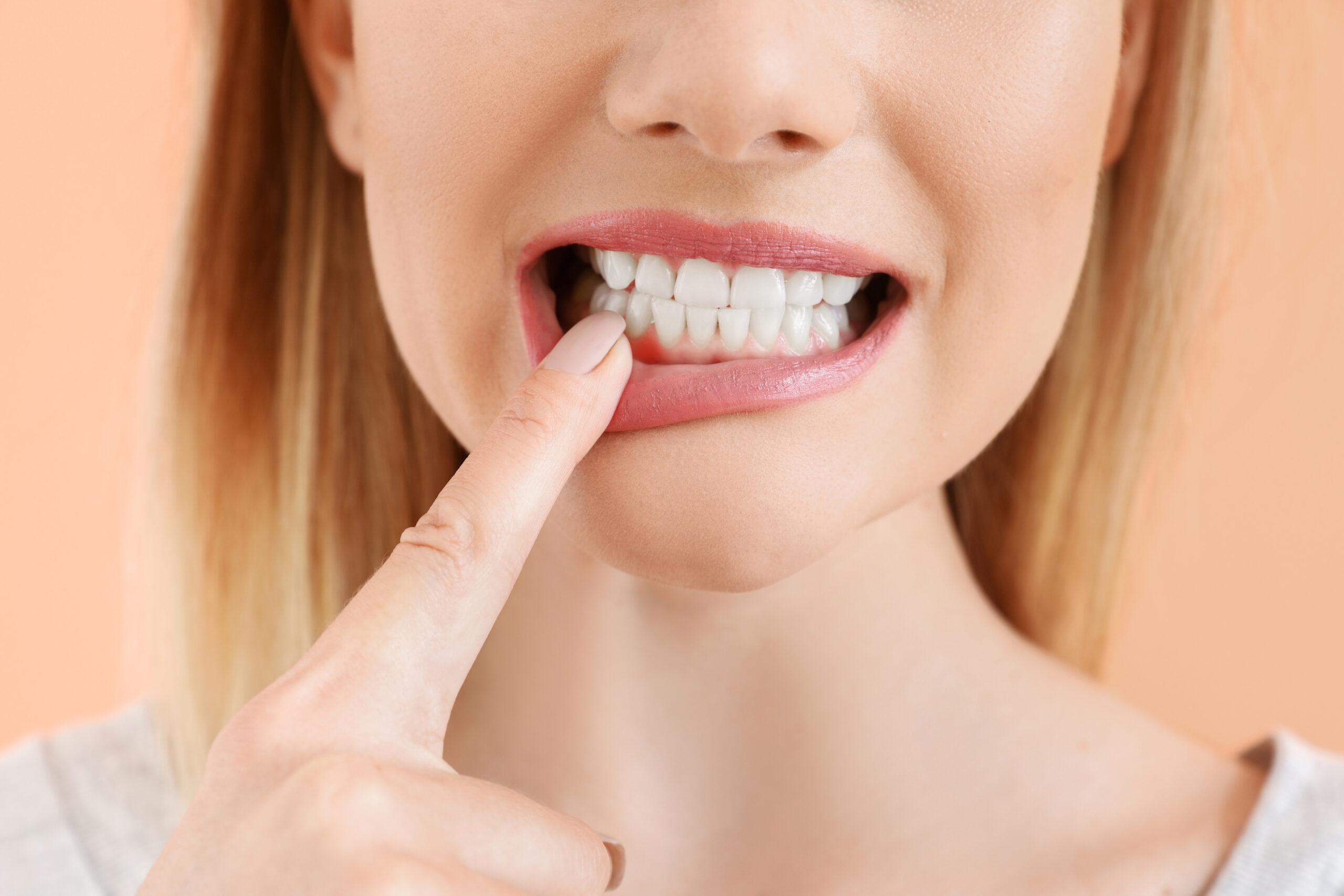
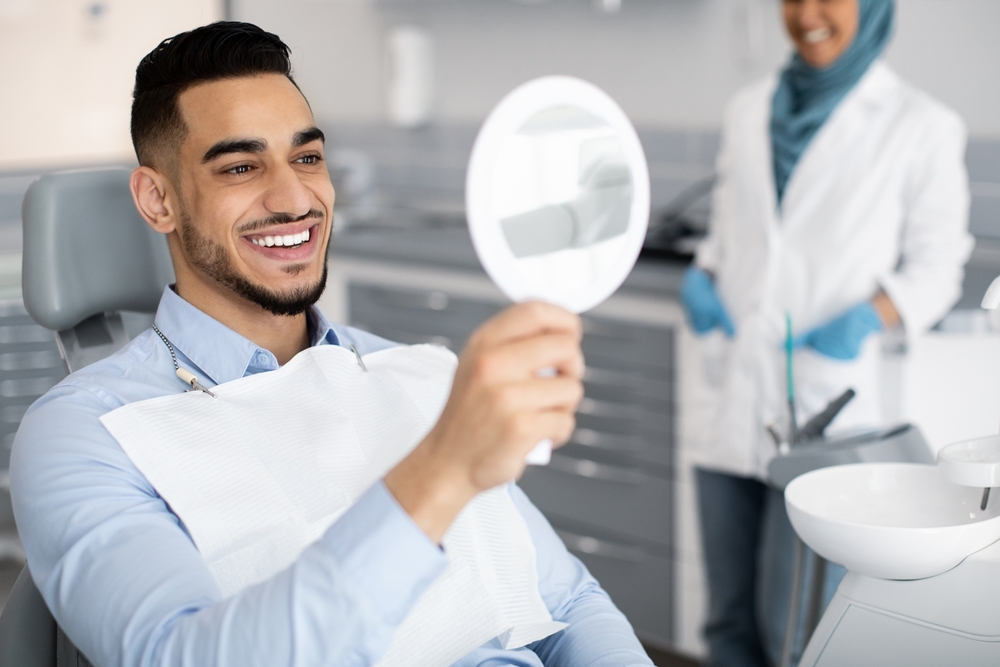

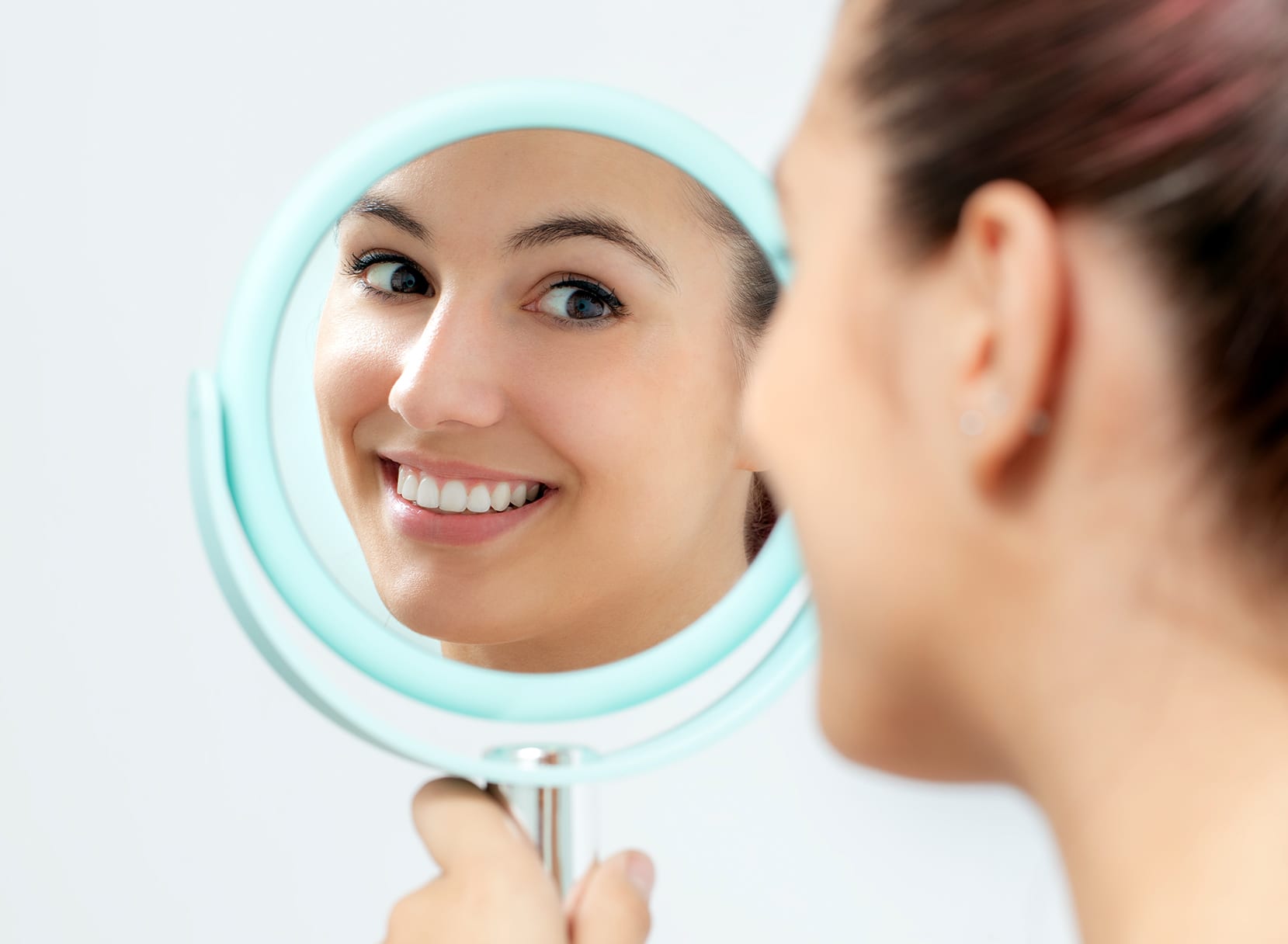

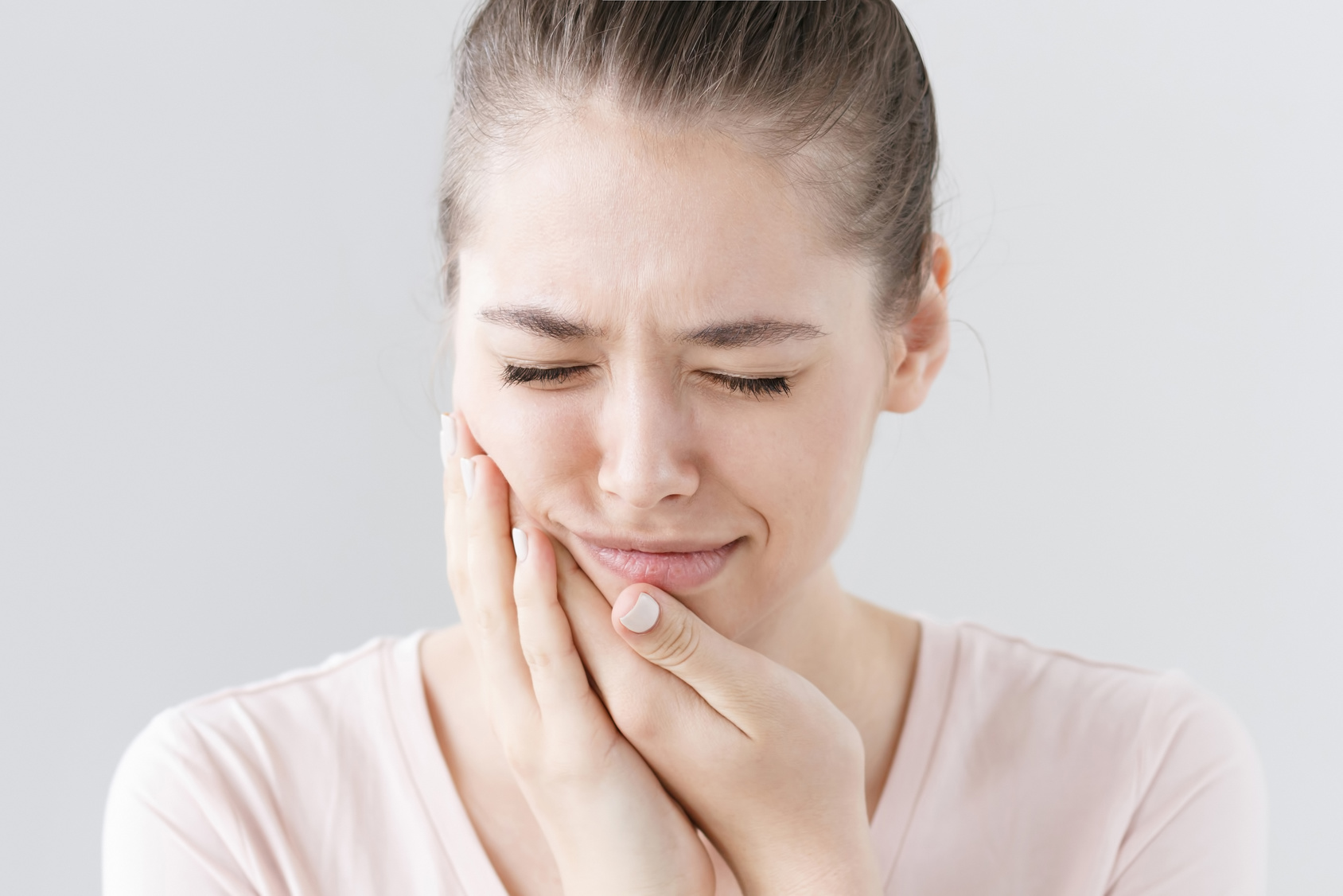
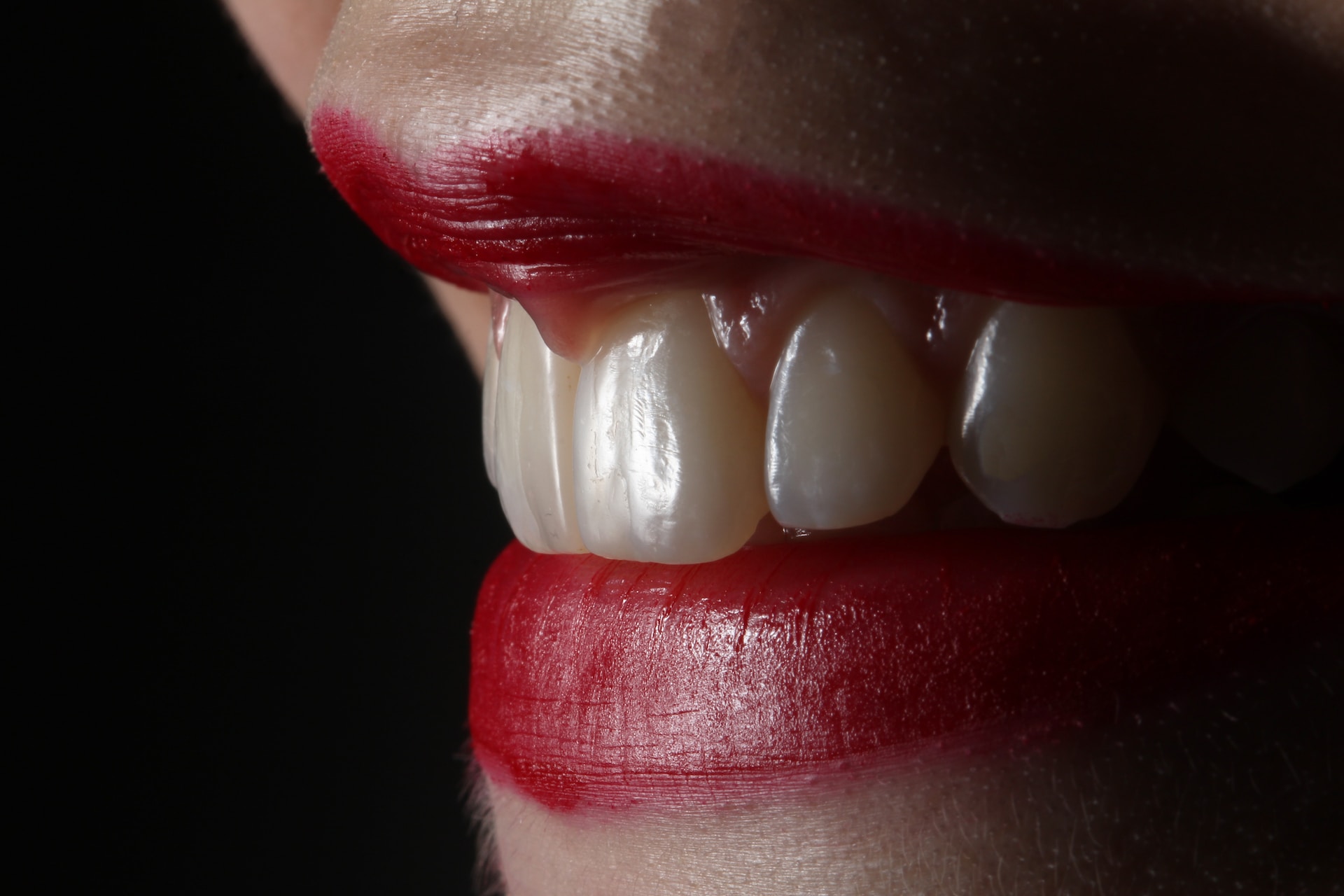
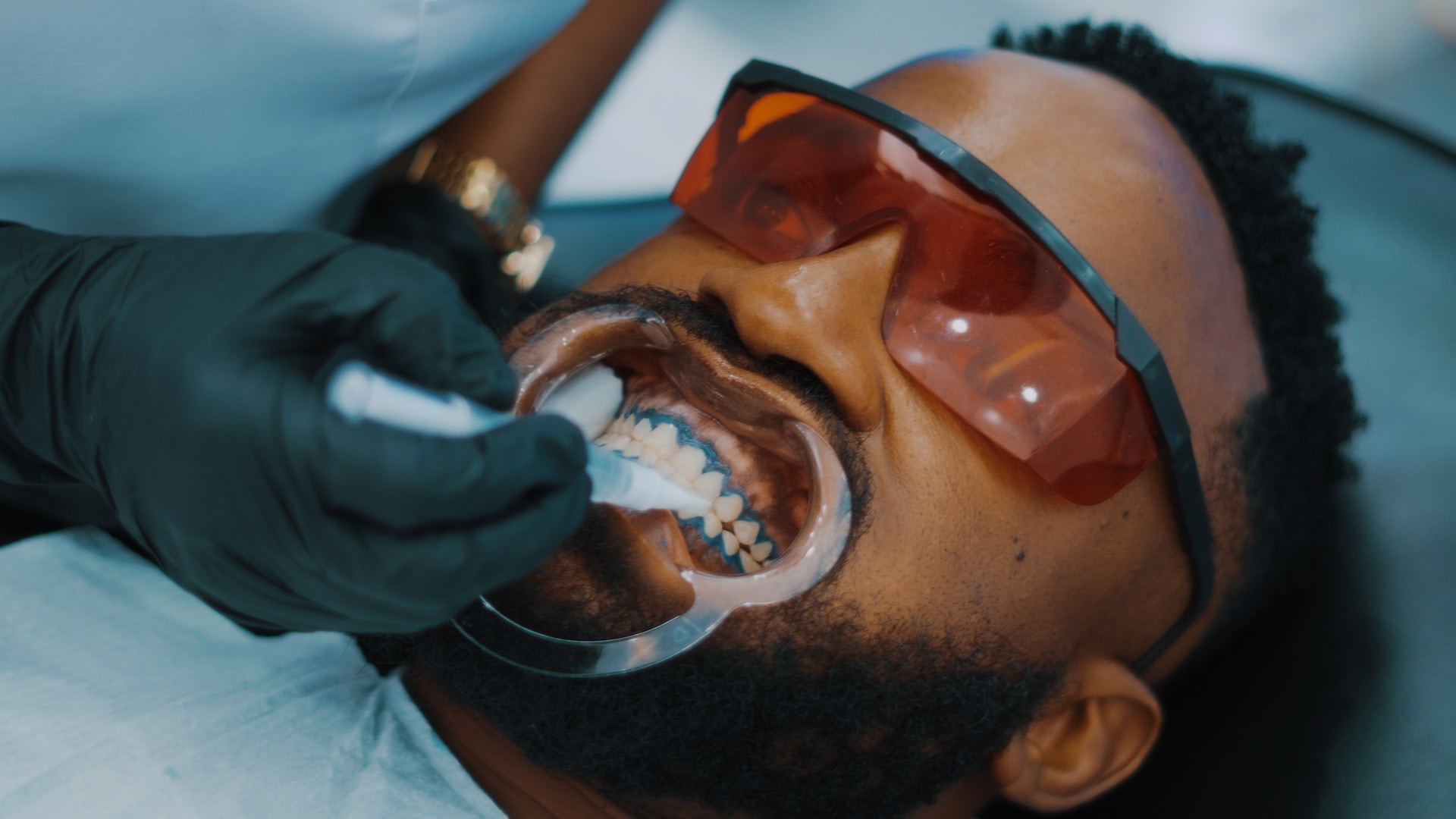
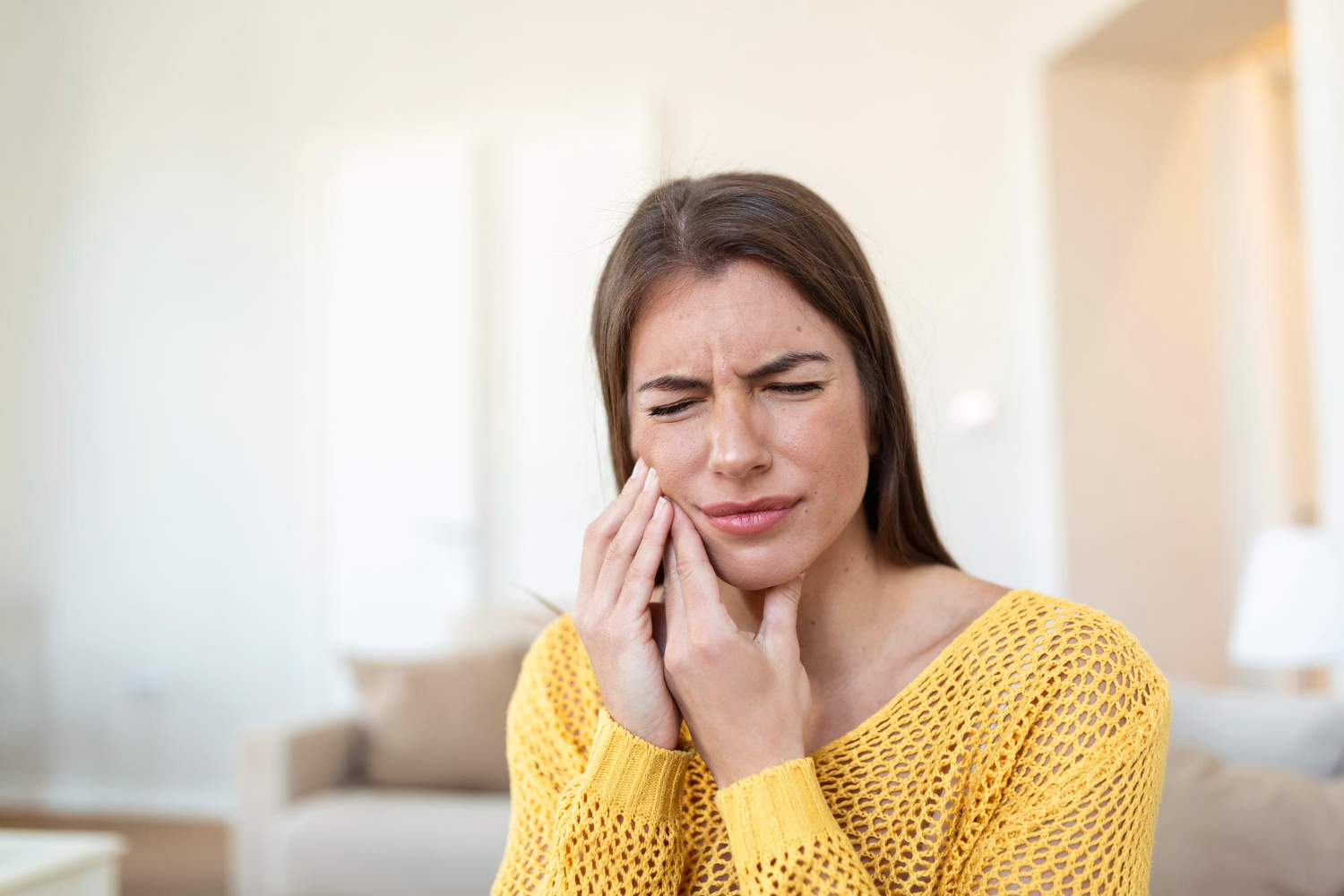

Recent Comments